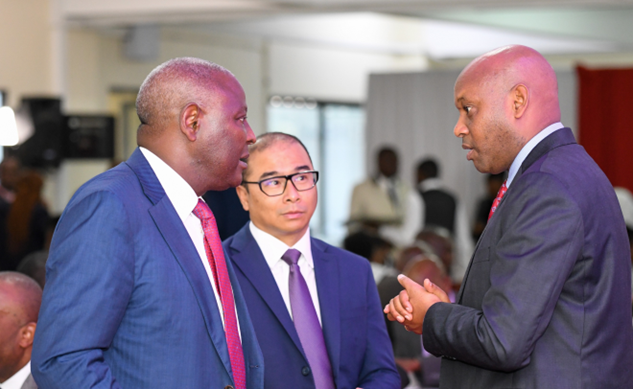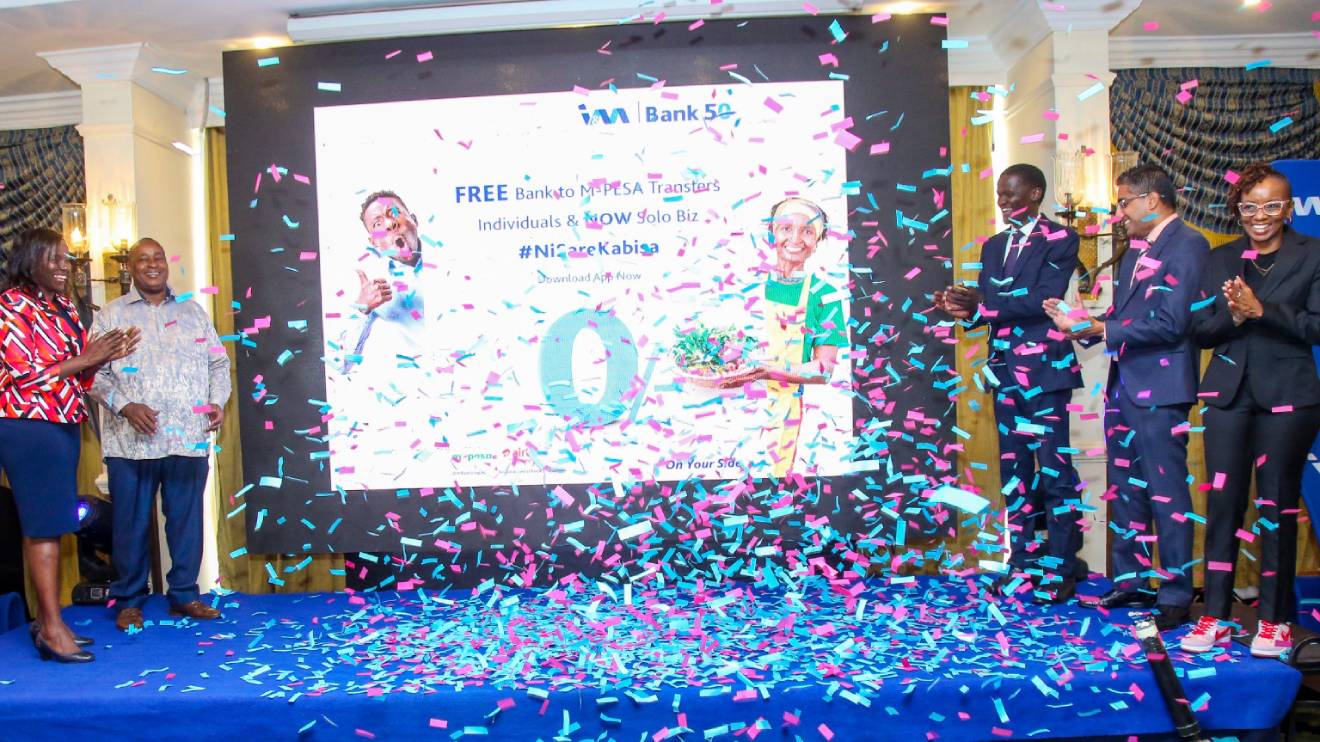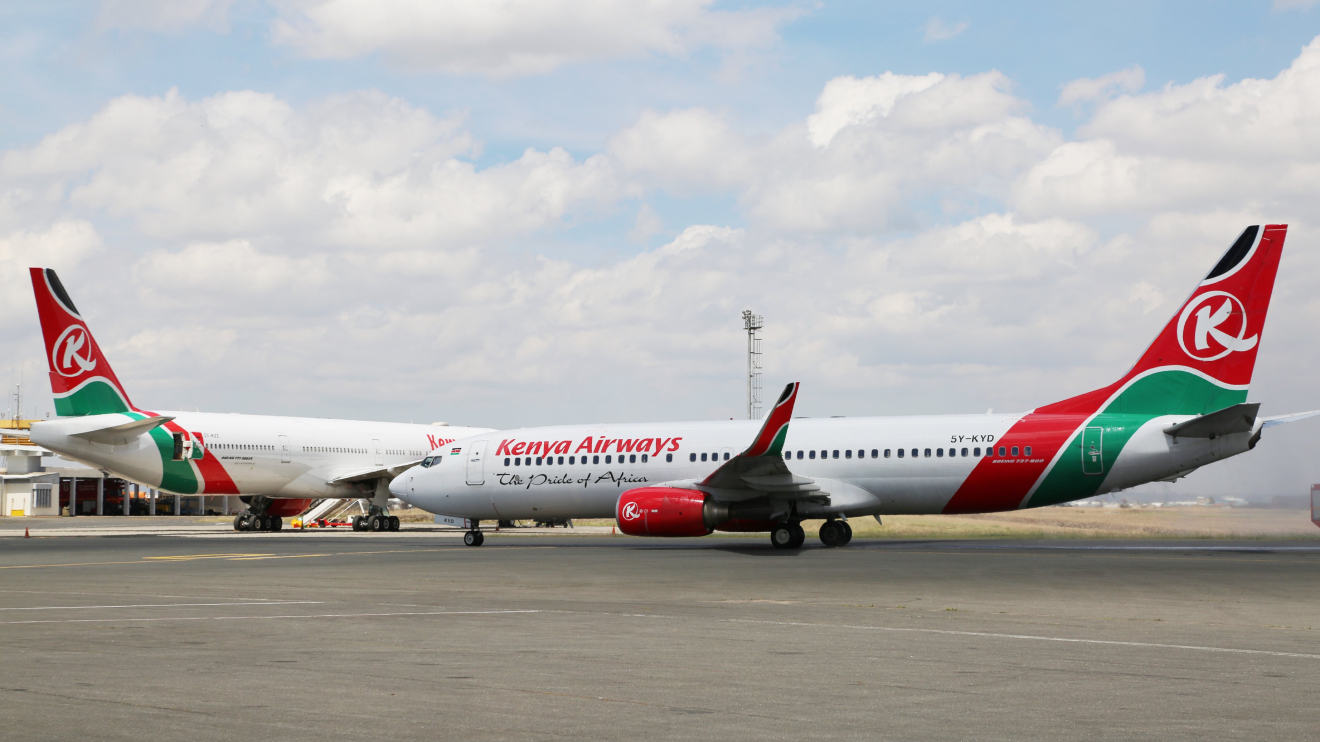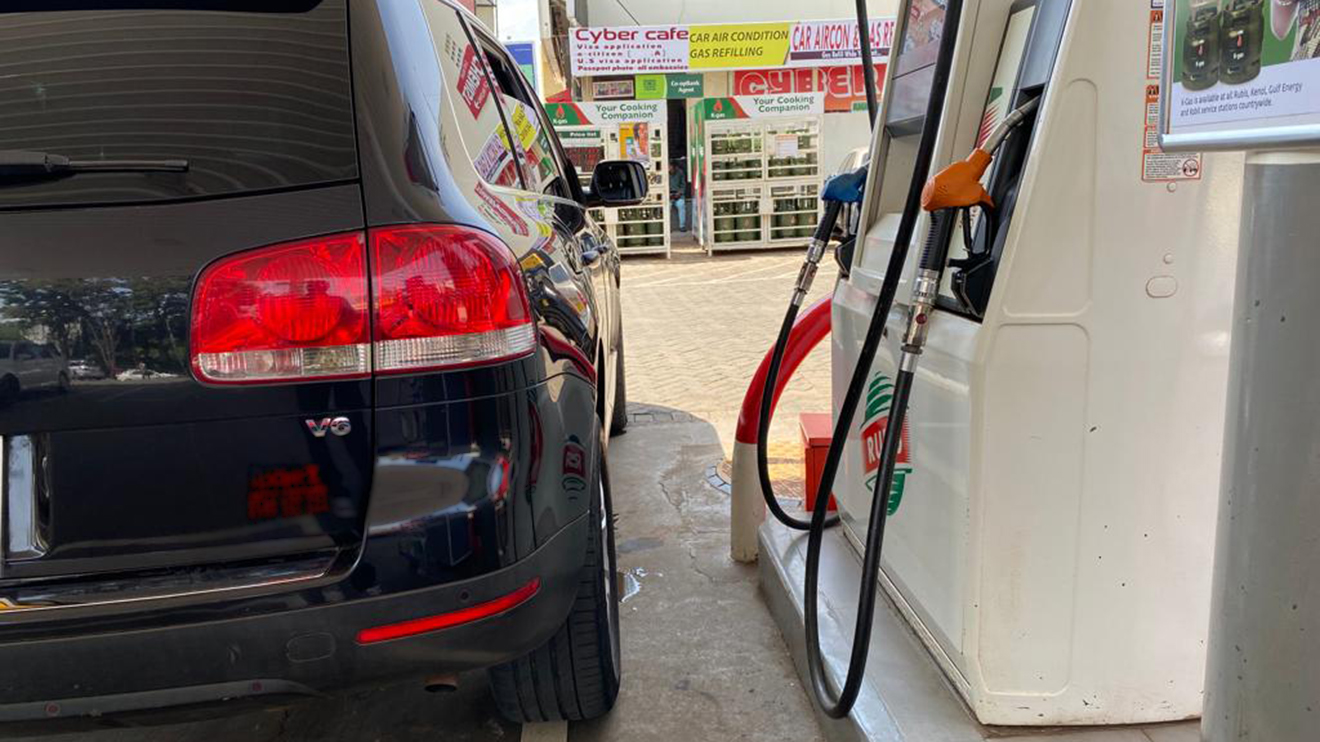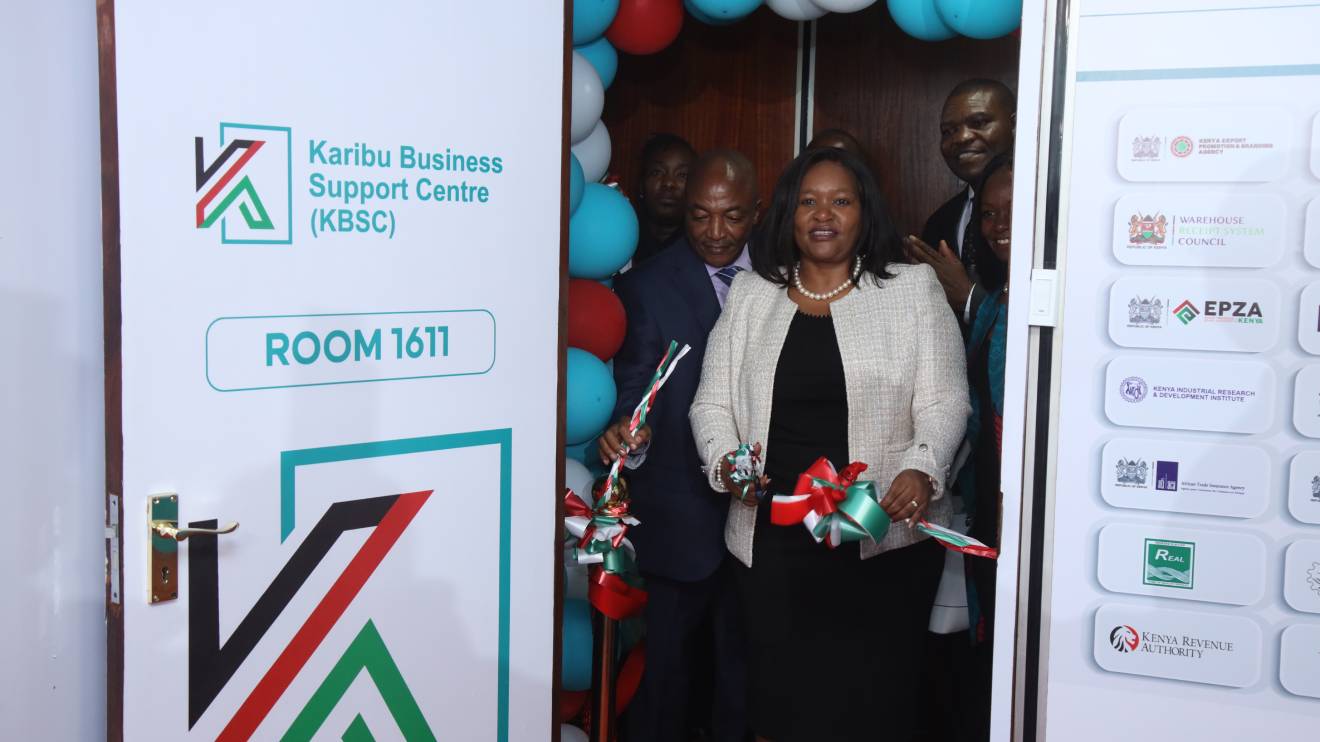Equity Group posted a Profit After Tax growth of 8 per cent of Sh12.8 billion, up from Sh11.9 billion, while the Pre-Tax Profit grew by 10 per cent to Sh16.9 billion up from Sh15.3 billion.
The group had credited this profitability on its non-funded income growth of Sh18 billion, up from Sh11.5 billion, which contributed 45 per cent of its total income.
Equity Group has also recorded a 21 per cent increase in total assets to reach Sh1.54 trillion despite the current turbulent macroeconomic environment being witnessed in the country.
Total asset growth by Equity Group was on the back of a 23 per cent increase in customer deposits that were used to to grow the financial institution’s loan book by 21 per cent.
Customer deposits grew from Sh900.9 billion to Sh1.1 trillion while the loan book witnessed a growth to Sh756.3 billion from Sh623.6 billion that was posted in the previous quarter.
Read More
Speaking at the release of the Q1 2023 results, Equity Group MD and CEO Dr James Mwangi credited the financial Group’s strong progression to its embedded social and trust capital.
“We are working to anchor the strength of the brand on customer experience, its capabilities and superior product offering,” said Dr Mwangi.
He said the Group’s regional expansion and product diversification delivered an almost 50:50 business split between the Kenya business and regional banking subsidiaries and non-banking business.
“We have become a truly regional and diversified business,” he stated.
Equity says it business has experienced a significant growth momentum with the value of transactions in its branches growing by 40 per cent to Sh990.5 billion from Sh708.3 billion.
The value of transactions on the Equity Group agency channels also witnessed a 44 per cent increase to Sh681.6 billion, from Sh472.3 billion.
“The Covid environment acted as a tailwind for digital transactions adoption by our customers and we have emerged out of the three-year pandemic period as a strong digital business,” added Dr Mwangi.
Equity’s digital capabilities grew from 14.1 million to 48.3 million transactions due to the successful rollout of the interoperable universal digital payments platform, Pay with Equity (PwE).
The group’s mobile and internet banking transactions realized a growth of 270 per cent to 1.336 billion transactions up from 361.6 million transactions.
Income from transactions grew from Sh2.39 billion to Sh4.12 billion even as most of the group’s business moved to digital as follows:
• 98% of all transactions happen outside of the branch.
• 96% of all transactions are happening on 3rd party and self-service platforms delivering 70% of value of transactions.
• 87% of all loans are being processed on mobile channels.
• 82% of all transactions are cashless.
• Digital transactions grew by 23.3% to Sh2.29 billion from Sh1.86 billion while digital payments grew by 171% to Sh54.2 billion from Sh20 billion.
Its forex income grew to Sh5.2 billion from Sh2 billion as the total total income grew to Sh39.7 billion from Sh30.9 billion due to slow growth in interest income to Sh32.4 billion from Sh26.7 billion.
Similarly, interest expenses experienced a growth of more than double the rate of interest income growth from Sh7.3 billion to Sh10.7 billion up.
The yields on interest earning assets grew to 10.3 per cent from 9.5 per cent even as net interest margin stagnated at 6.8 per cent due to increased cost of funds that grew from 2.7 per cent to 3.5 per cent.
The regional financial giant blamed the increase in the cost of funds on the challenging macroeconomic operating environment resulting in high inflation and high interest rates.
The business experienced an increase in total costs to Sh22.8 billion up from Sh15.6 billion mainly driven by 127 per cent growth in loan loss provision of Sh3.1 billion up from Sh1.4 billion, staff cost growth of 33 per cent to Sh6.6 billion up from Sh5 billion and other operating expenses growth to Sh13.1 billion from Sh9.2 billion.
A surge in other operating costs was driven by innovation and technology investments due to its digital transformation strategy and effect of rising inflation and currency depreciation.
Staff costs also grew even as the Group said it was focusing on cost optimization, efficiency and productivity towards efficient strategies on business transformation and digitization.
Loan loss provision grew to Sh3.1 billion from Sh1.4 billion raising the cost of risk to 1.9 per cent from 1.2 per cent due to a slight deterioration in NPLs to 9.1 per cent from 8.65 per cent.
The Group boasted of a growth in liquidity of 55 per cent to Sh258.4 billion up from Sh166.4 billion, which constituted 17 per cent of the total Group balance sheet assets.
Government securities and cash add up to Sh650.9 billion to constitute 43 per cent of the entire Group balance sheet.
The Group says the. Following are indicative of its strong balance sheet:
• 17% of Total Assets being cash
• 43% of Total Assets being cash and government securities
• 88% NPL Coverage in terms of provisions
• 68.1% loan to deposit ratio
• 51.5% Liquidity
• 19.8% Strong total capital to total risk weighted asset ratio.
Equity says its strong cash and liquidity position, growth momentum and performance, strong asset buffers in provisions and capital buffers position it well for its aggressive expansion strategy.

